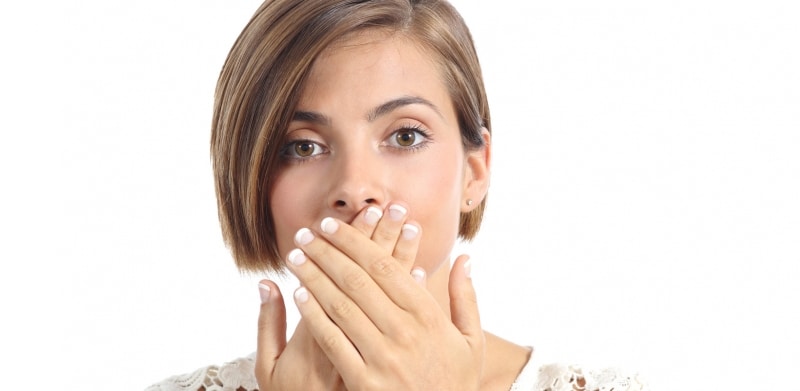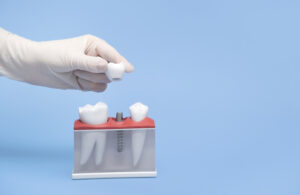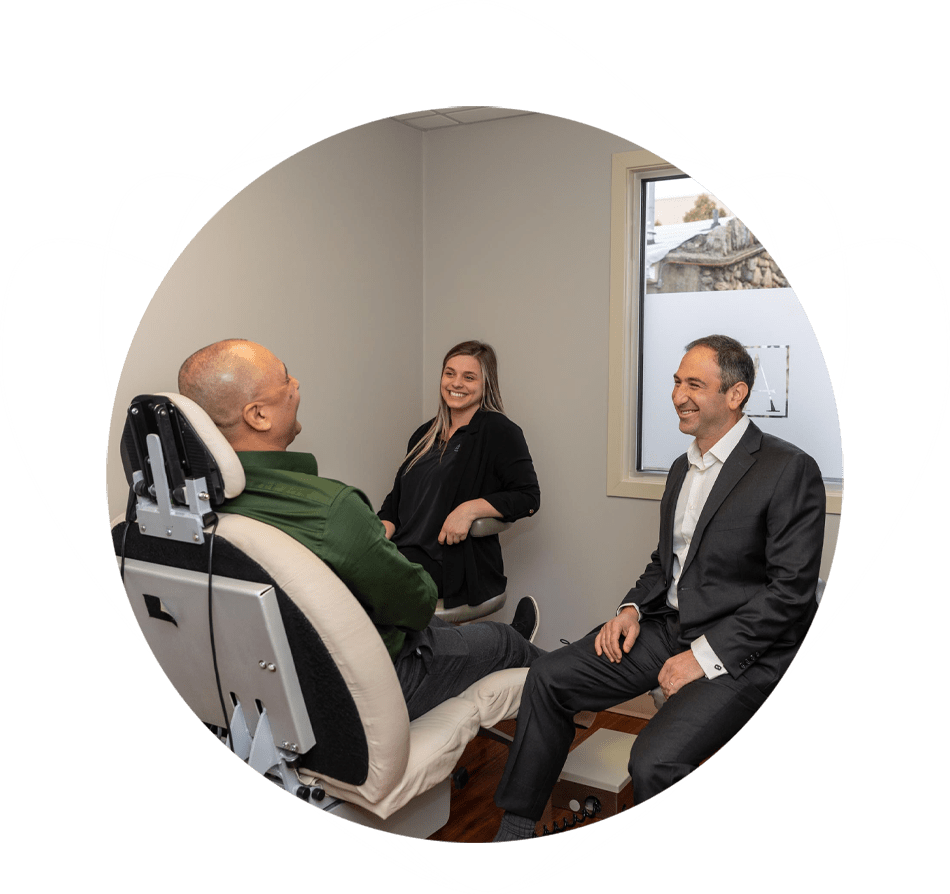Tooth erosion occurs when your teeth are exposed to acids from food, drink, and other sources. It’s different from tooth decay, which occurs as a result of acid secreted by oral bacteria. Where tooth decay attacks specific regions of a tooth, tooth erosion affects all the exposed surfaces of the teeth. While tooth decay is often treated by a dental filling, tooth erosion is more likely to need a dental crown because the damage to the tooth is so much more widespread.
Identifying the causes of your tooth erosion can help you reduce or eliminate erosion.
Extrinsic Sources of Tooth Erosion
Extrinsic sources of tooth erosion are those that come from outside the body. Some of the most common and serious sources of erosion are acidic beverages. The worst of these are sodas, which are very acidic and people tend to sip at for long periods of time, increasing the exposure of teeth.
You might think about giving up soda anyway because it’s unhealthy for you, but there are many beverages that are considered “healthy” but are actually very acidic and damaging to your teeth. Energy drinks contain high levels of acid, as do sports drinks. Fruit juices are also very acidic and can cause tooth erosion, and even your lemon water and sparkling water are acidic.
Some foods are also very acidic. Anything with vinegar in it, for example, like pickles or hot wings, tends to be acidic. Also foods that contain high levels of citric acid are dangerous to your teeth.
You can reduce the damage caused to your teeth by acidic drinks if you drink them with a straw and consume them quickly rather than sipping at them slowly. After you’ve consumed acidic foods and drinks, rinse your mouth with water to help neutralize the acid and reduce the damage.
Intrinsic Sources of Tooth Erosion
But your body can also generate acids that are harmful to your teeth. This happens most often in GERD (gastroesophageal reflux disorder). GERD causes stomach acids to boil up into the mouth. The acid attacks your teeth. Most often, we’ll see the damage on your back teeth.
Stomach acid can also damage your teeth if you have a purgative eating disorder like bulimia nervosa. Forced vomiting repeatedly bathes the teeth in damaging acid, causing serious damage over time.
Erosion Enablers
It’s also important to be aware of things that don’t cause erosion but can make it worse. Dry mouth is one of these. Dry mouth occurs when your body isn’t producing enough saliva. If your mouth is dry, then acids in your mouth will do more damage before they’re eliminated. Dry mouth can be caused by dehydration, certain medications, or as a natural effect of aging.
Strenuous exercise can also contribute to dry mouth. People who exercise a lot and drink sports drinks to aid rehydration can put themselves at serious risk for tooth erosion.
Bruxism–tooth grinding–can also make erosion worse. The wear from the contact of teeth can damage the chewing surfaces, and the force from the clenching teeth can cause microcracks in the tooth enamel, making it more vulnerable to acid attack. And when you clench down, eroded teeth are more vulnerable to serious cracking.
Repairing Damage from Erosion
Once you’ve identified the cause of your erosion, you can treat it. Lifestyle changes such as altering the beverages you choose and how you consume them, staying hydrated, or getting medications for GERD can stop the progression of tooth erosion, but they can’t repair the damage.
However, reconstructive dentistry can repair the damage. Dental crowns can protect teeth that have been damaged by erosion, and restore both their strength and their beauty.
If you are looking for help repairing teeth damaged by erosion in Westchester County, please call (914) 526-2144 today for an appointment with a reconstructive dentist at Advanced Dentistry of Mohegan Lake.
